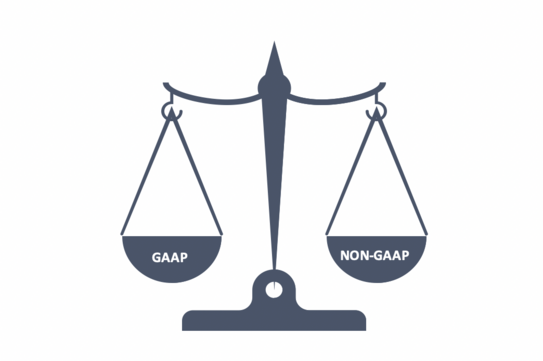Research projects of the professorship
The professorship of International Accounting and Auditing is constantly working on projects in the main research areas. On this page you will find a small overview of the current projects of the doctoral students of the Professorship.
The effectiveness of corporate governance codes in public companies and NPOs

In the private sector, the German Corporate Governance Code has been an established instrument for improving the corporate governance of listed companies for many years. This code is characterised by the comply-or-explain principle and can thus be classified as soft law.
For some years now, there have been efforts to adapt corporate governance codes for public companies and non-profit organisations (NPOs) as a voluntary commitment. While the effectiveness of code regulation in the private sector is very well researched, there is hardly any empirical evidence of the effectiveness of the use of corporate governance codes in public companies and NPOs. The framework conditions differ significantly between private companies and public companies and NPOs - especially because the latter usually do not have a capital market as a sanction mechanism in the sense of the comply-or-explain principle. At the same time, the use of corporate governance codes in public companies and NPOs has increased massively in recent years.
The research project therefore initially serves to evaluate the effectiveness of the use of corporate governance codes in these specific areas and, at the same time, identifies application factors that promote or limit effectiveness.
The use of non-GAAP measures in financial reporting

So-called non-GAAP measures (also known as alternative performance measures or management performance measures) are company-specific indicators that are not explicitly defined in the relevant accounting standards. Such measures are regularly the subject of corporate financial reporting. Proponents emphasise the individual presentation of corporate performance, while critics point to an opportunistic presentation of corporate performance. The motivation for the voluntary publication of non-GAAP measures has not been conclusively researched.
In the recent past, non-GAAP measures have come more into the focus of regulators. In addition to the guidelines published by the European Securities and Markets Authority (ESMA), the International Accounting Standards Board (IASB) is also addressing the issue. Within the scope of the exposure draft "General Presentation and Disclosures" (ED/2019/7), disclosures in the notes in connection with non-GAAP measures or management performance measures as well as the mandatory introduction of subtotals in the profit and loss account become obligatory. The relevant bodies would like to increase the transparency of individual key figures, the comparability of the financial statements and thus the communication of relevant information in its entirety.
In the course of a current research project, it will be investigated, among other things, to what extent the proposed reforms of the IASB influence the investment decisions of external addressees - with special consideration of non-GAAP measures. Furthermore, it will be investigated to what extent regular financial statement measures (GAAP measures) and non-GAAP measures are processed in the cognitive processes of the addressees.
Consideration of environmental information according to the EU taxonomy for an investment-related judgement

In 2018, the EU Commission published the "European Green Deal" action plan on financing sustainable growth in view of the climate agreement and the Sustainable Development Goals. It contains regulatory measures to steer financial flows towards a green and climate-smart economy.
Within the action plan, a new uniform classification system (EU taxonomy) is to be implemented, which is to provide an understanding of "green investments" and will be implemented by large companies for the first time in the 2021 financial year. This means an expansion of transparency and reporting obligations for corresponding companies, so that investors have an adequate basis of information for a sustainable investment.
The research project will investigate whether and to what extent such additional non-financial information influences private and professional investors in their investment assessment. The aim is to gain insights into disclosure practices and also to analyse the effectiveness of the EU Green Deal regulations so that further practice- and investor-oriented insights for standard setting can follow.
Further information on the EU Taxonomy Regulation can be foundhere.

